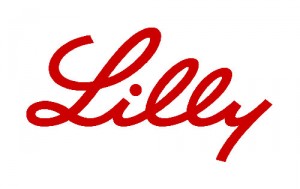In today’s market, consumers are having a great deal of difficulty distinguishing the benefits and features of one brand over another. Which one is the best value? What does this brand offer that the other doesn’t? Which one will satisfy my personal needs? These questions underline the consumer’s choice of brand and are impacted by a companies emphasis on their points of parity and points of differences.
The ever growing Mac, by Apple, has positioned itself remarkably well in consumers eyes, establishing a significant point of difference from their competitor PC. By highlighting its sleek, compact, and versatile design and fast, virus-free functions, the Mac has accomplished high-status in the market. The link attached provides a commercial promoting Mac computer by illustrating the points of parity and differences that distinguish them from PC computers. Mac emphasizes the automatic guard against viruses they provide in their systems rather than routinely pop ups of “cancel or allow,” that PC computer utilizes in order to avoid virus interference.
Mac uses the two men to symbolize two computers, they both are computers but one has more to offer than the other. The slim, easy-going guy captivates the Macs sleek design and straightforward use. The bigger guy suggests PC’s bulky appearance, with the security guard denoting PC’s constant approval from users to continue functioning in order to avoid viruses. Mac has positioned the brand effectively as it is relevant to all computer users, distinctive from other brands and has created a sense of believability. Apple’s strong reputation in the market creates a set up for the success of the Mac, already being established first in consumer’s minds. This powerful brand and wise positioning strategies definitely have me saying, “I love my MAC!”




